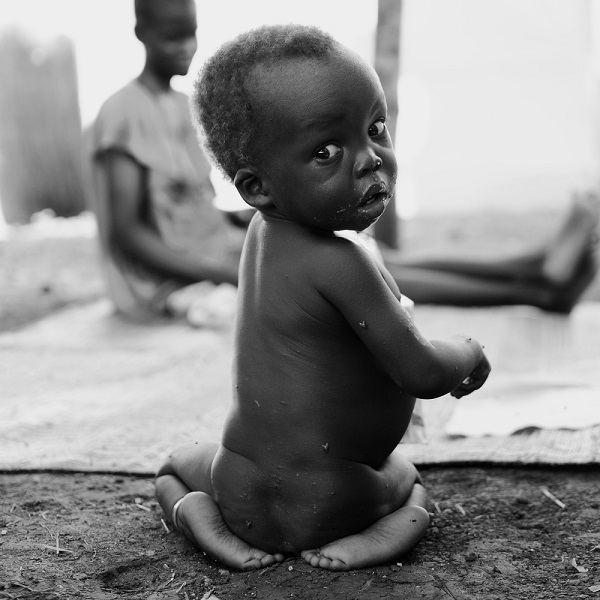

The Lottery of Life: How Location Impacts Survival
Currently, 54% of the global population lives in urban cities. This number is predicted to increase to nearly 66% in the next 35 years. Of these, nearly 1/3 or 860 million people, live in urban slums. This is cause for concern because in urban areas, children of the lowest socioeconomic status are twice as likely to die as those in the highest socioeconomic bracket. In the urban slums of countries such as Nairobi and Kenya, the chances of survival for mothers and their children (infants and those under 5 years of age) is 50% lower than that of the country’s national average. And in some countries, this gap is even wider. In the urban areas of Cambodia and Rwanda, children born into the poorest 20% of homes are nearly 5 times more likely to die, before age 5, than those born into the richest 20% of homes, (Save the Children, 2015).
“This is the lottery of birth. Across the world, children’s chances of surviving to see their fifth birthday depend on where they happen to be born, how much their parents can afford to invest in their well-being, the ethnic identity that has been ascribed to them, whether or not they have a disability, and other factors that are all outside their control.” (- Lottery of Birth, 2015).
Nearly 2.8 million babies died before their one month birthdays in 2013. Every day an estimated 800 women die from pregnancy-related causes, (WHO, 2014). Many of these deaths are preventable with access to proper medical care, including supplies, medicines, and trained health staff.
MSF provides maternal and child care as a top priority in one-third of its projects around the world, and teams provide access to emergency obstetric care in every project.Â
Because Tomorrow Needs Her and MSF take the position that no woman or child should be entered into a lottery of life, with location being their winning ticket.Â
Â
Â
Because Tomorrow Needs Her focuses on the impediments to women’s health, exposing injustices that disproportionately affect women and girls around the world. #tomorrowneedsher #womenshealth #childshealth #lotteryoflife



